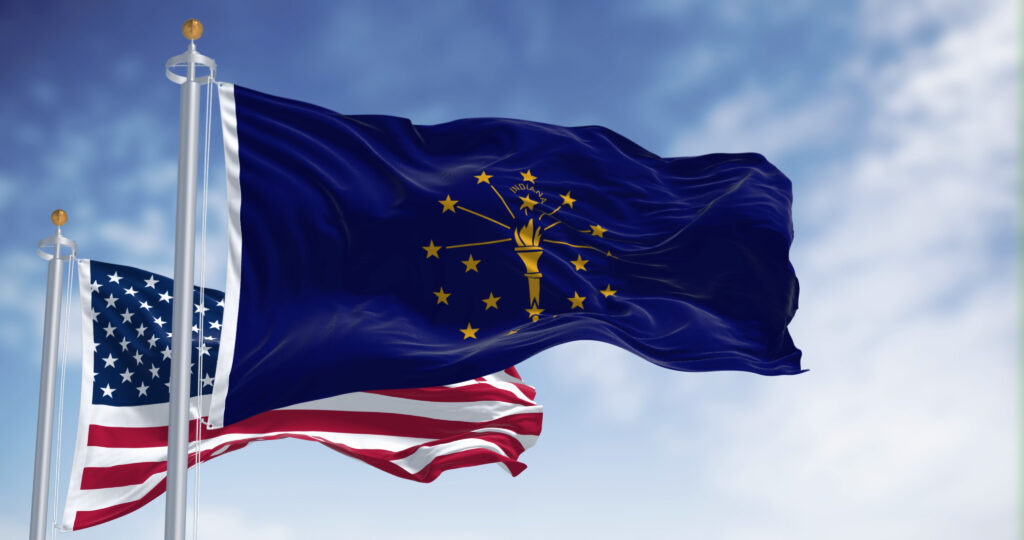Congress established the Food and Drug Administration (FDA) to be the ultimate regulator over how drugs are made and sold in the U.S. But a $70 million jury verdict from Philadelphia’s infamous Court of Common Pleas threatens to make a mockery of that authority by substituting lay jurors for the scientific experts and decision-makers at the FDA. The jury punished Risperdal maker Janssen Pharmaceuticals for failing to unilaterally add warnings to the label when doing so would have violated federal law.
The U.S. Supreme Court should step in to reestablish the FDA’s supremacy in regulating this vital segment of the economy. The pharmaceutical industry has poured nearly a trillion dollars into the development of innovative new drugs since 2000, including the hugely successful effort that produced COVID-19 vaccines in record time. That life-saving drug-delivery pipeline could be in danger if every state court in the country is given the power to second-guess the FDA and impose crippling damage awards on companies whose only mistake is following the law, instead of changing their drugs’ labels in an effort to anticipate how a trial lawyer-inspired jury may subsequently view a drug label.
The U.S. Constitution’s Supremacy Clause is intended to preempt suits like this, where a company can’t comply with conflicting state and federal requirements at the same time. Pharmaceutical makers are particularly vulnerable to this dilemma since most litigation over prescription drugs turns on whether the manufacturer provided adequate warnings about risks and side effects.
Janssen followed the law when it submitted the label for Risperdal to the FDA along with the scientific data the agency’s experts needed to approve it. The drug was authorized initially only for use by adults. In this case, a patient sued based on side effects he allegedly experienced due to taking Risperdal “off label” as a child, when the drug was not approved for pediatric use. The patient claimed that he would not have used Risperdal had he known of the risk of these side effects in children. But FDA regulations prohibit companies from unilaterally adding warnings linked to unapproved uses (often called “off label uses”) of a drug. That includes the pediatric use of medications approved only for use in adults. This policy makes sense: one of the primary missions of the FDA is to ensure doctors have accurate and relevant information for making decisions about the authorized uses of drugs. Clogging the label with speculative, potentially inaccurate, or less relevant warnings may distract physicians, discourage them from prescribing medicines their patients need, encourage unapproved uses of medications, or, worse, result in adverse health consequences.
If off-label warnings are needed, the FDA has the expertise and the authority to order them. State court juries are the last place to look for guidance on balancing the unavoidable risks and lifesaving benefits of pharmaceuticals. Congress gave that job to the FDA, and the best thing the states can do is stay out of the way. The Supreme Court should hear this case and protect the FDA’s authority in this critical area.



